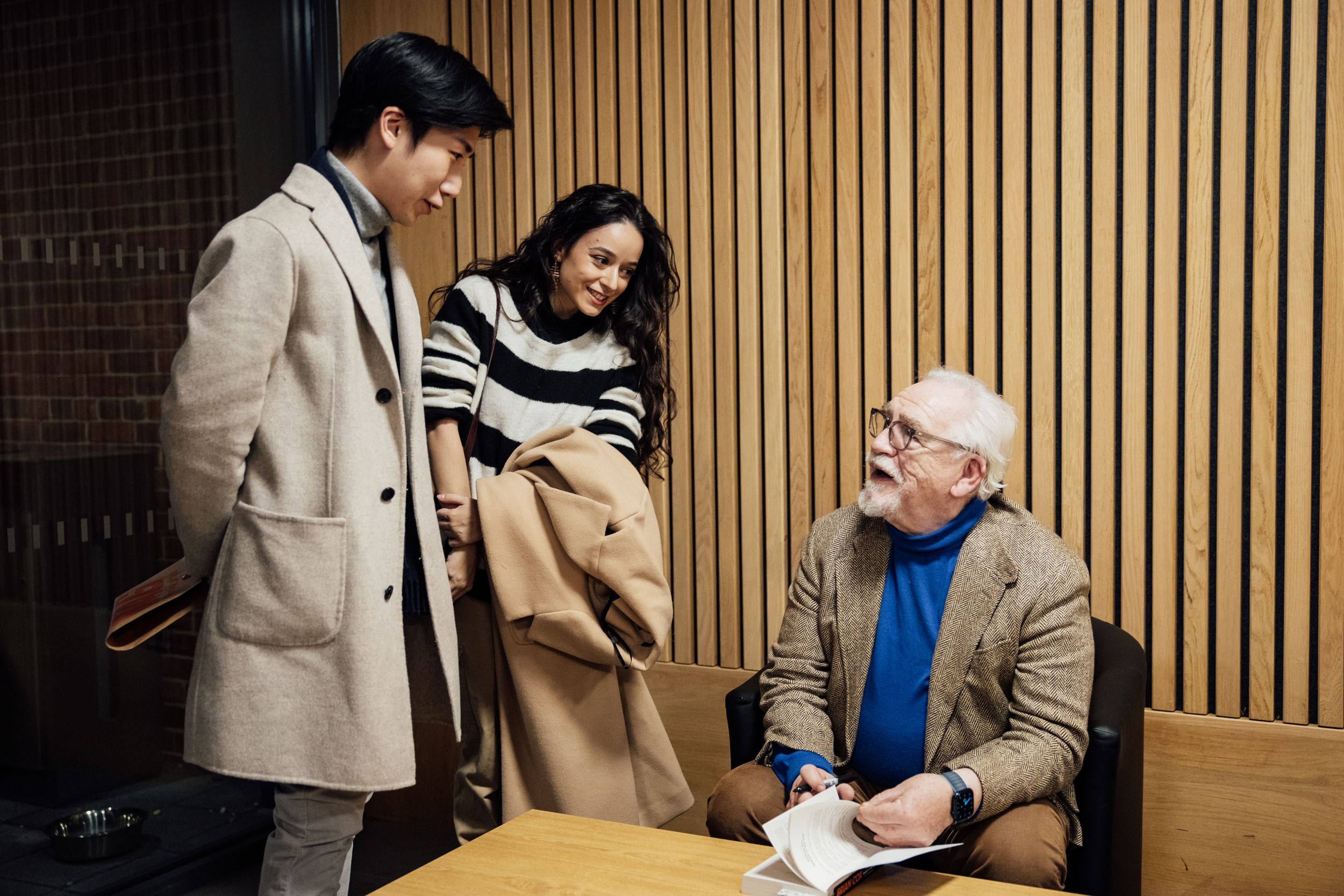A CLASS ACT
Award-winning actor Brian Cox CBE is a Visiting Fellow and Artist in Residence at Kellogg College
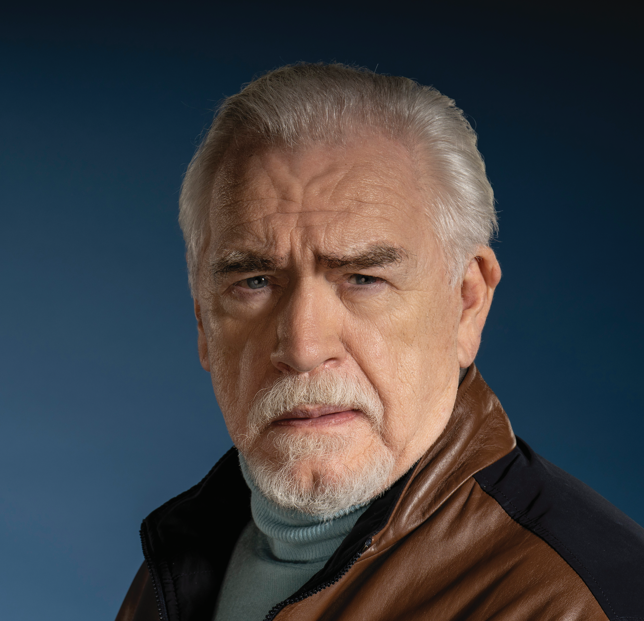
"Actor—character—text. That’s all there is."
Brian Cox, the venerable Scottish actor, is a force to be reckoned with in the world of entertainment. With a career spanning over six decades, he has made an indelible mark on both stage and screen, showcasing his exceptional talent, versatility, and commanding presence.
From his early days in theatre to his recent triumphs in film and television, Cox’s contributions to the industry are not only significant but also deeply appreciated by audiences and fellow artists alike.
Born on 1 June 1946 in Dundee, Brian Denis Cox grew up with a passion for acting that eventually led him to the prestigious London Academy of Music and Dramatic Art (LAMDA). Cox quickly garnered attention for his remarkable stage presence and intense performances. Early in his career, he worked extensively with the Royal Shakespeare Company and the Royal National Theatre, solidifying his reputation as a formidable stage actor.
One of Cox's standout qualities is his ability to inhabit a wide range of characters with authenticity and depth. Witness the two Best Actor Olivier Awards he received: the first in 1984 for his performance in Rat in the Skull at the progressive Royal Court theatre, where he played a hard-hitting Northern Irish police inspector conducting an interrogation, then just four years later an award as Best Actor in a Revival for the title role in Titus Andronicus. Whether portraying historical figures, complex villains, or sympathetic protagonists, he brings a unique energy to each role, leaving an indelible mark on the characters he embodies. His mastery of the craft is evident in his nuanced performances, where he effortlessly balances subtlety with powerful emotional expression.
These qualities were embodied in his portrayal of King Lear in 1990-91–one of Shakespeare’s most demanding characters. It showcased his immense talent and garnered critical acclaim. As one theatre critic remarked: ‘Lear’s tragedy is all the more piercing because Cox so magnificently conveys, before madness, his perplexed, comic humanity...’
That comedic side has manifested itself throughout his career. From acting opposite Julie Walters in Terrence McNally’s two-hander 1989 comedy Frankie and Johnny in the Clair-de-Lune, to playing Harry Moon in TV sitcom Frasier, Brian has shown a mastery of comic timing and lightness of touch.

His contributions to the world of film and TV have encompassed a diverse array of genres. He played the first on-screen interpretation of the enigmatic and sinister Hannibal Lecter in Manhunter (1986). Cox’s portrayal brought a chilling realism to the character, establishing him as a memorable and haunting iteration of the infamous serial killer.
Cox’s cinematic journey continued with notable roles in Braveheart (1995), where he portrayed the historical figure Argyle Wallace, and The Bourne Identity (2002), where he played the menacing antagonist. Cox’s profile has risen markedly in recent years with his compelling performance as Logan Roy in the critically acclaimed television series Succession. As the patriarch of a media empire, Cox’s portrayal of the ruthless and complex character earned him widespread acclaim, including a Golden Globe Award for Best Actor. His work on Succession not only showcased his ability to navigate the nuances of a morally ambiguous character but also demonstrated his adaptability in the rapidly evolving landscape of television.
Beyond his on-screen achievements, Brian Cox’s commitment to the arts extends to his advocacy for theatre and education. He has been a vocal supporter of drama schools and has actively participated in initiatives to promote the performing arts. Cox’s dedication to nurturing the next generation of actors reflects his understanding of the importance of mentorship and the enduring impact of theatre on society.
As an actor, Brian Cox’s legacy is defined by the indomitable spirit with which he approaches his craft. Whether breathing life into Shakespearean characters or adding depth to contemporary film and television, Cox’s presence is a testament to the transformative power of acting.
In appreciating Brian Cox, one cannot overlook the authenticity and humanity he brings to every role. His performances are not mere portrayals but profound explorations of the human condition. Whether commanding the stage with his booming voice or subtly conveying emotions through his expressive eyes, Cox’s artistry captivates audiences and transcends the boundaries of time and medium.
In an industry that often prioritises youth and trends, Brian Cox stands as a venerable figure whose talent has only grown richer with time. His enduring career serves as an inspiration to aspiring actors, a testament to the enduring power of dedication, passion, and a deep love for the craft. As audiences continue to appreciate his contributions, it’s evident that Brian Cox’s legacy will endure as a beacon of excellence in the world of acting, a reminder of the profound impact that a truly gifted performer can have on the hearts and minds of those who experience their work. As an Artist in Residence at Kellogg, Cox has the ideal platform to influence future generations of creators.

“Lear’s tragedy is all the more piercing because Cox so magnificently conveys, before madness, his perplexed, comic humanity…”
Fast facts about Brian Cox

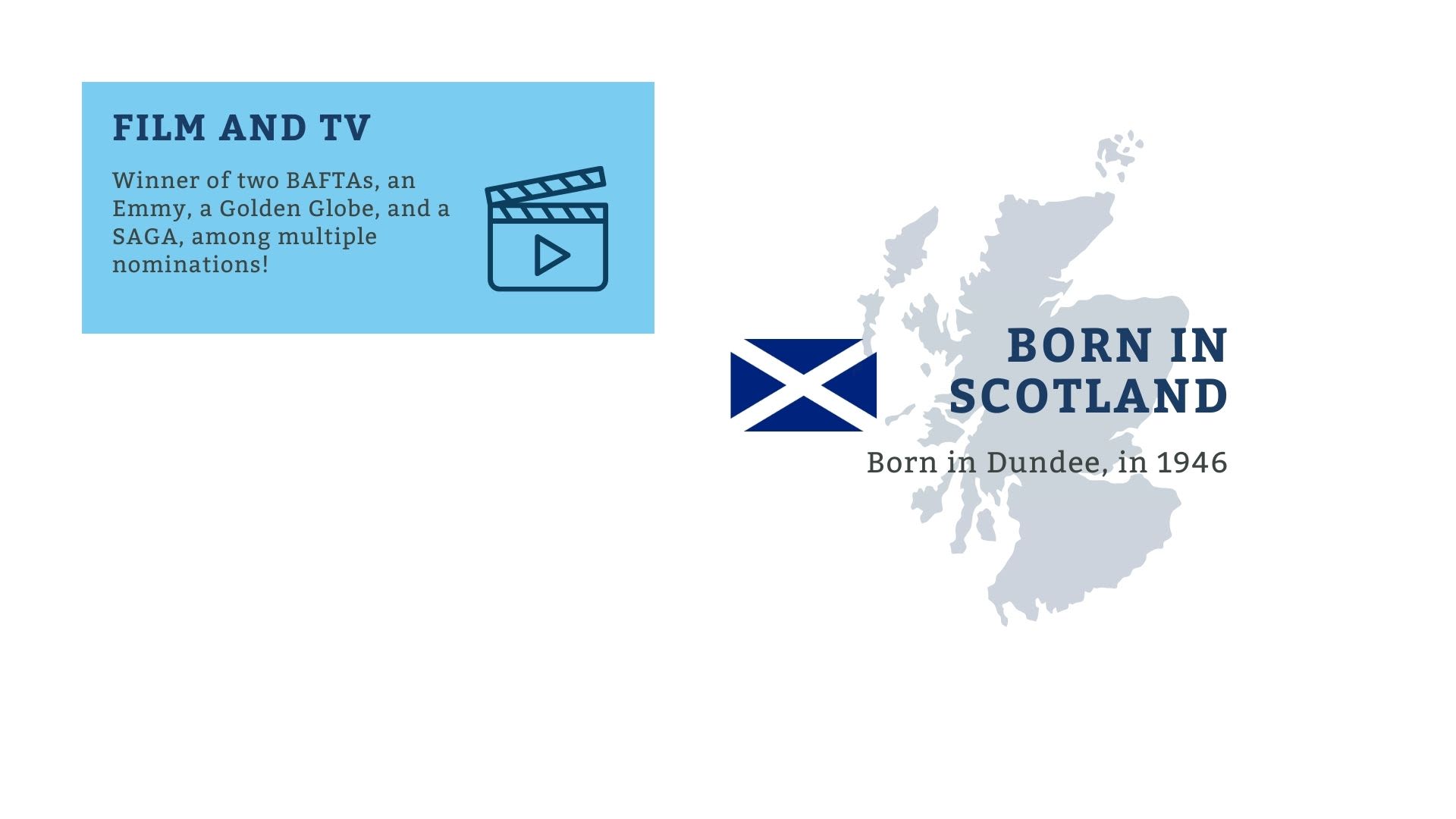
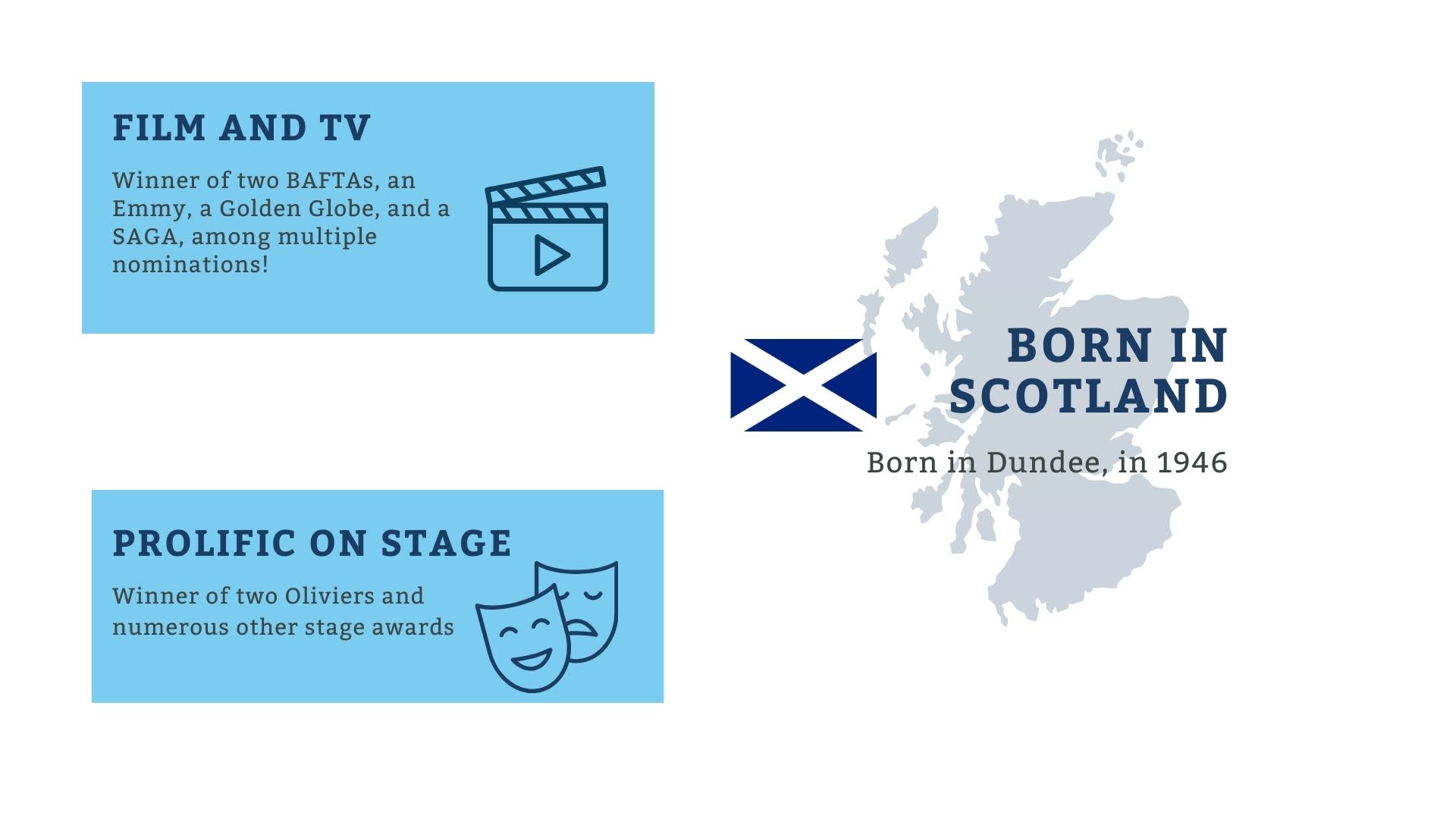

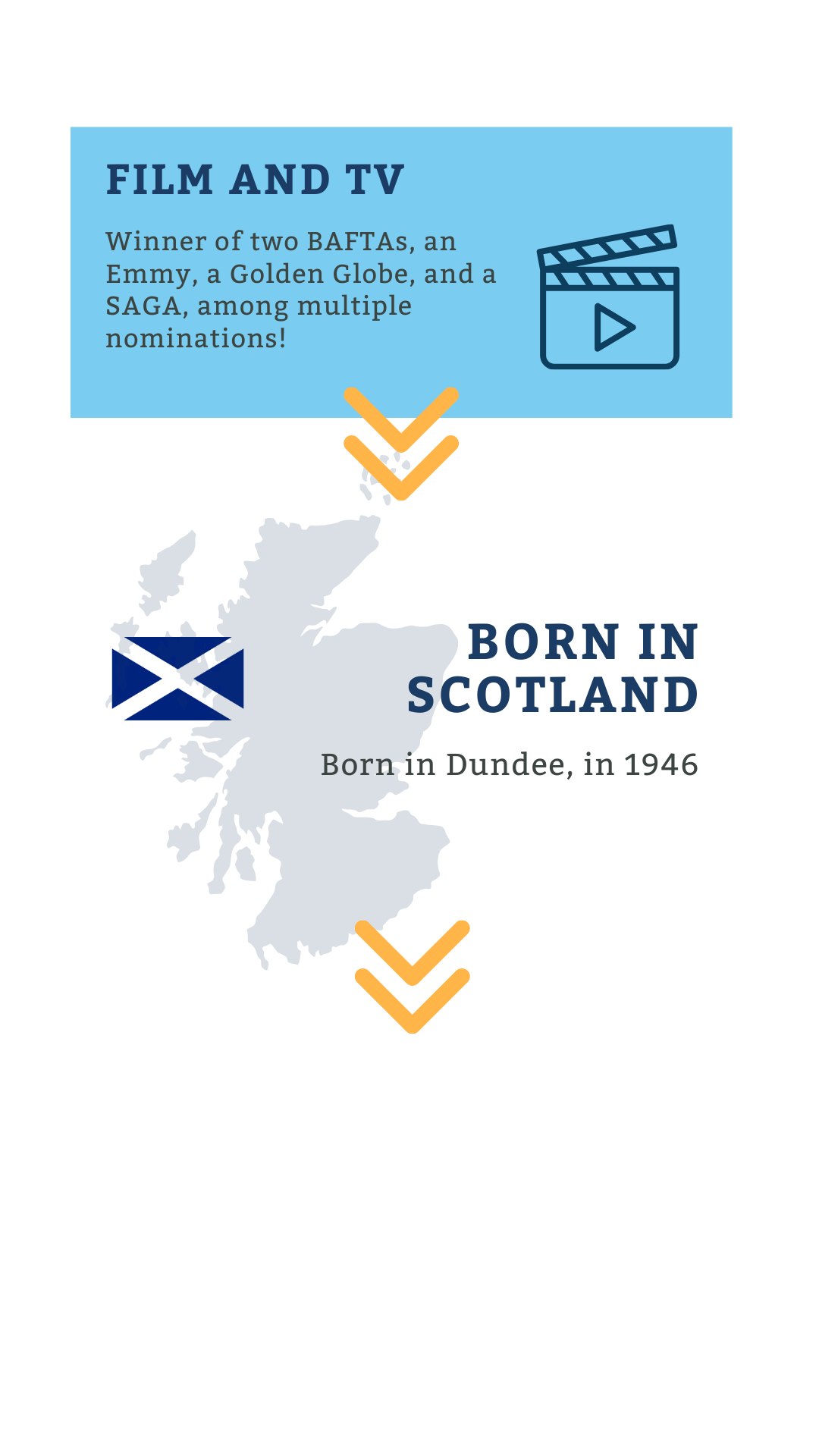
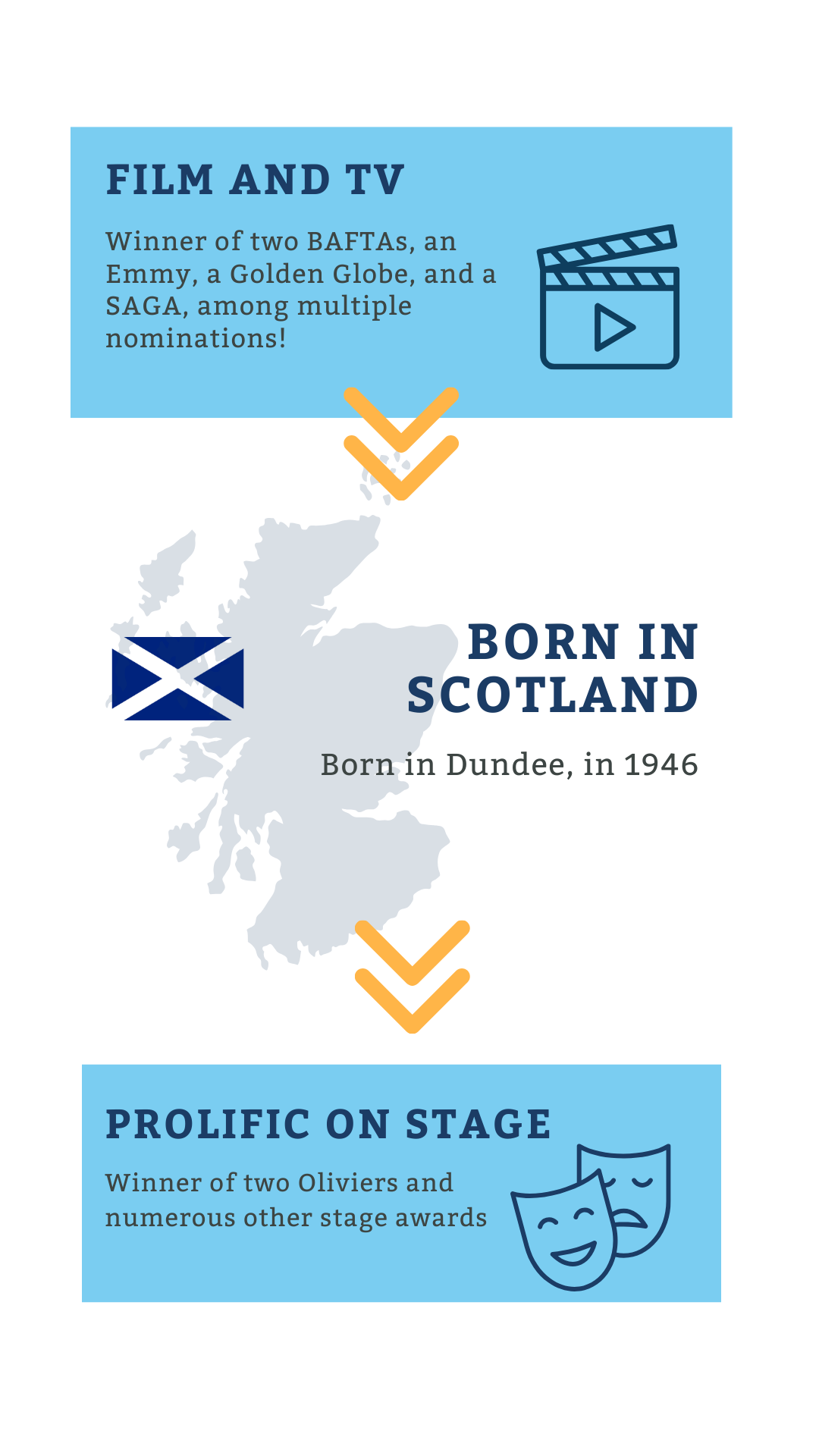
Brian Cox at Kellogg
Cox joined Kellogg President, Professor Jonathan Michie and Dr Clare Morgan, Director of Kellogg’s Centre for Creative Writing for an ‘In conversation’ session to mark the beginning of his time as an Artist in Residence in the college.
"Actor—character—text. That’s all there is." - that is the core of Brian Cox, and holds true whether he is playing a tragic Shakespearian character, a wry comical sitcom role, or a foul-mouthed press baron. In his inaugural visit to Kellogg, he sat alongside Professor Jonathan Michie and Dr Clare Morgan in an ‘In conversation’ to share his thoughts with a full house packed into the Hub.
He talked through some significant moments in his career, reflected upon how he became the lauded actor he is and shared his opinions on –and anecdotes about – people he has worked with through the years.
His focus on the written word was paramount as he explained in response to Dr Morgan who leads the College’s Centre for Creative Writing. ‘The writer-actor relationship is based on trust’, he said, distancing himself a little from those actors who would insist on having input. ‘If you have good writers, they know what they are doing. It’s not for the actor to fill in gaps they think are there. You don’t tell Anton Chekov how to write. The great writers do it for you.’
But that is not to say that actors are merely blank canvasses. ‘Imagination trumps emotional memory,’ he asserted, as the conversation turned to the ‘method’ school of acting. Exploring the text was part and parcel of exploring yourself. ‘You have to think with a text,’ he said, ‘Drama school taught me to think.’
Indeed, he agreed that being an actor, with little in the way of an age barrier, is almost the very definition of lifelong learning – so fundamental to the Kellogg ethos. ‘Acting is about holding the mirror up to nature. In the end, you fall back on yourself and your experience. It opens up your understanding of yourself and helps you learn to trust yourself.’
Members of Kellogg are indeed fortunate to be able to count amongst their number someone who has over 50 years in the acting and writing business, and a vast catalogue of experience to draw upon from what he calls ‘The Human Journey’.
